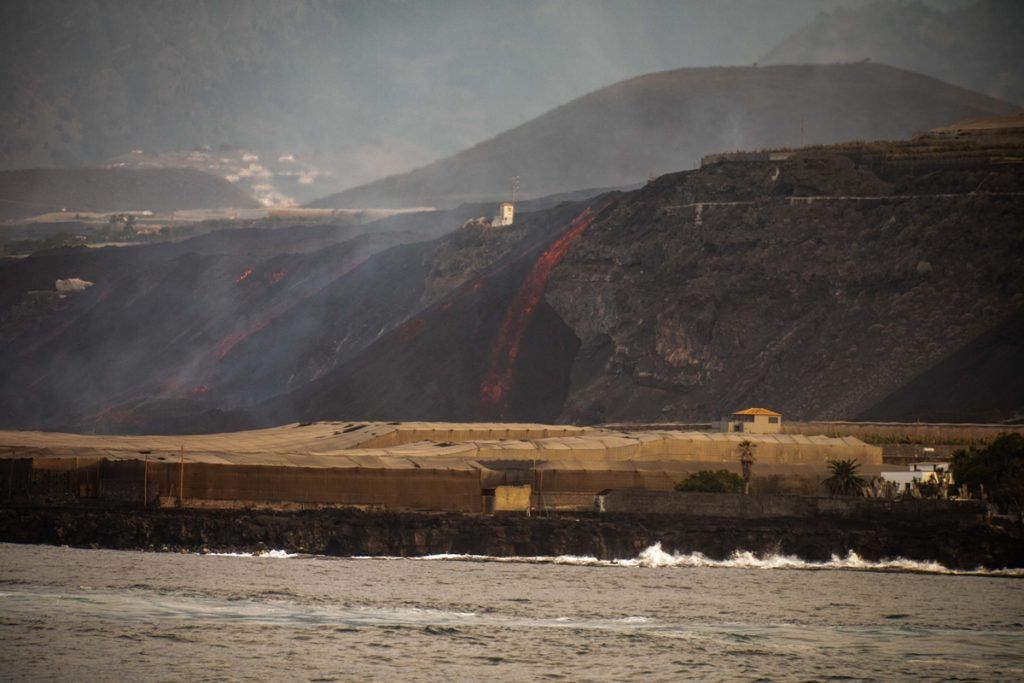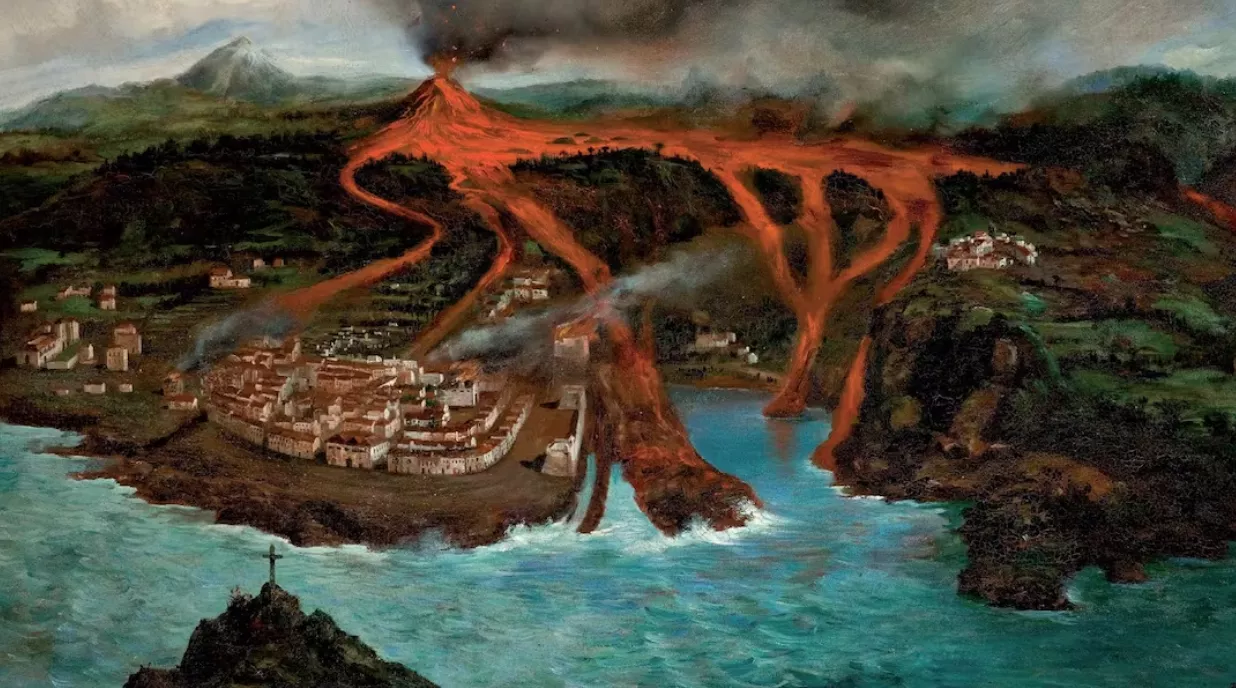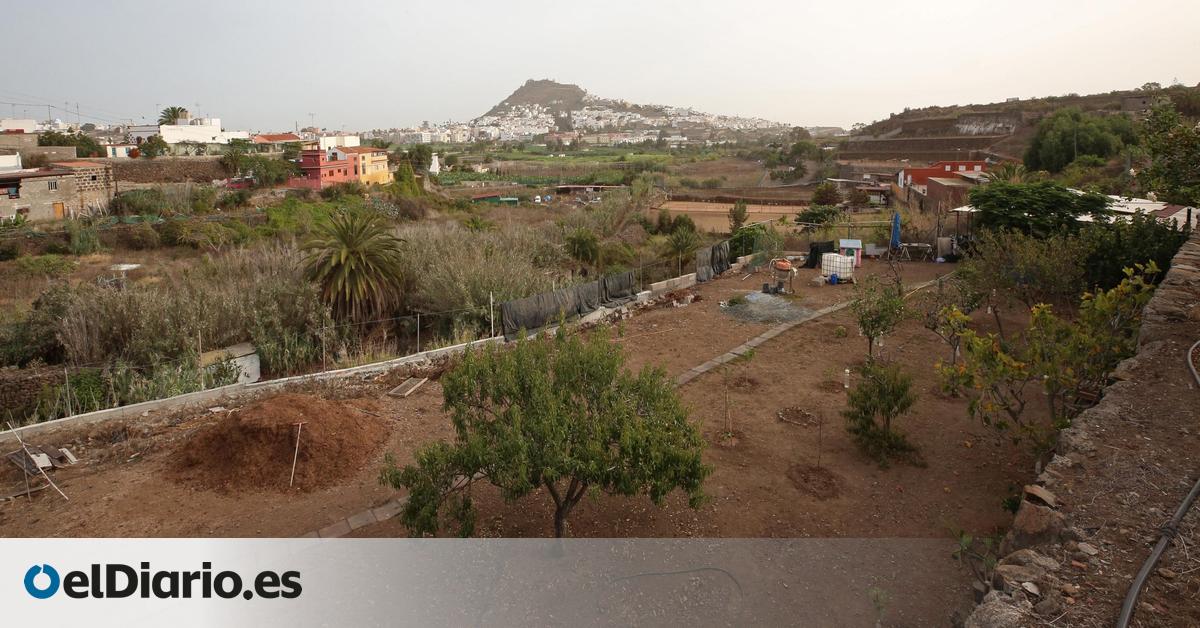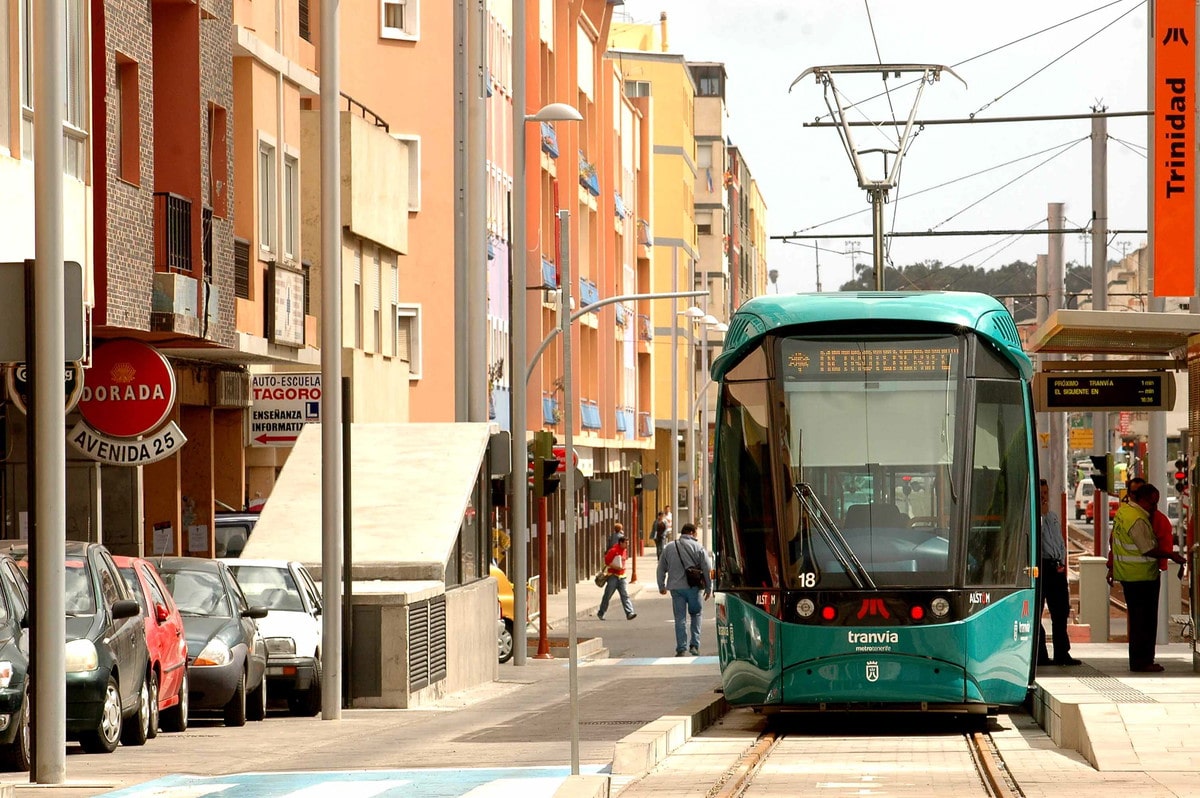A decade on from the fourth anniversary of the Tajogaite volcanic eruption, the Tierra Bonita association has achieved its first significant success in gaining access to recordings of Pevolca meetings that took place prior to the eruption. A court has accepted their complaint regarding the refusal of the General Directorate of Emergencies to release these recordings. This is just a preliminary step that may lead to understanding what transpired in the days leading up to the eruption between scientists and politicians, as well as the reasoning behind the decision not to evacuate in the crucial days preceding the event.
Since 2021, the Tierra Bonita Association, which comprises various platforms of affected individuals, has been fighting to uncover what occurred during the meetings of the Special Civil Protection and Emergency Attention Plan for Volcanic Risk from 13 to 19 September. Regarding the process followed to access these recordings, spokesperson Francisco Rodríguez stated that it has been “a journey filled with pain, administrative silence, and contradictions.”
The Courts as a Route
The association has resorted to parliamentary questions, appeals, and requests to the Commissioner for Transparency, which have all proven fruitless. The only responses they received were the public reports already available from Pevolca and a resolution from the Government of the Canary Islands stating that while there are no minutes from the meetings, recordings do exist. “What are they telling us? That we should go to court, and that’s exactly what we’re doing,” Rodríguez pointed out.
The Second Section of the Administrative Court admitted the complaint on 9 September, granting the Government of the Canary Islands 20 days to present the documents containing the minutes and recordings from the scientific committee and the management committee of Pevolca. Rodríguez expressed sadness that it has come to this point due to both the previous and current administrations.
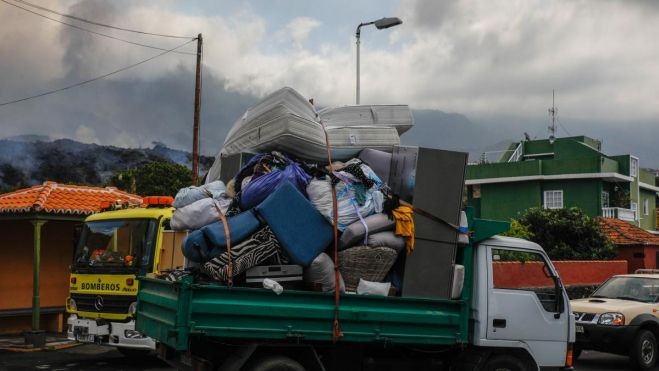
Hidden Discontent
This complaint arises from disagreements regarding certain statements and the decisions made thereafter concerning the imminent eruption. From Rodríguez’s perspective, by 19 September, there was clear evidence of the eruption’s immediacy, yet advance warning was insufficient for residents to evacuate, hence his insistence on accessing the recordings.
He also believes there must have been a disagreement within the scientific community during the meetings leading up to the eruption, and they seek to uncover the source of that dissent, although “the key lies in the political decision.”
The Need for Clarity
“We want to know what was discussed in those meetings to understand why someone decided that the alert level would remain at yellow,” Rodríguez explains, asserting that if the alert level had changed to orange, evacuation would have been immediate. There were some previous evacuations for individuals with reduced mobility and from Jedey.
“We are still waiting for an apology; there hasn’t even been one,” laments the spokesperson for the platform, who particularly criticises the failure to acknowledge that the island was unprepared for the eruption. “No one prepared us; there has been a lack of humility from the political class,” Rodríguez observes, noting the absence of emergency plans for evacuations.
The court has opened the door to potentially accessing these recordings. However, no investigation is currently underway; this will be decided once the government responds to the dispute. From the perspective of the association, this inquiry could potentially lead to a criminal investigation, although they acknowledge that it is premature to assert that.


